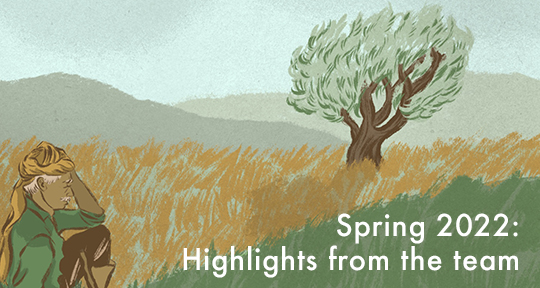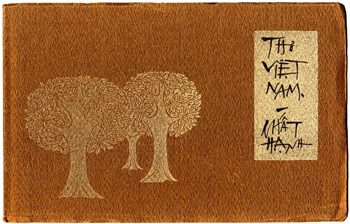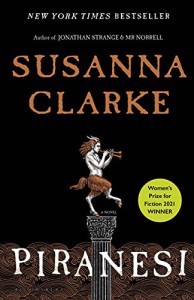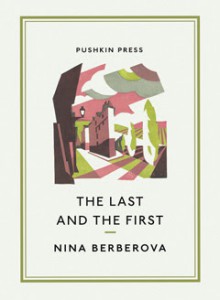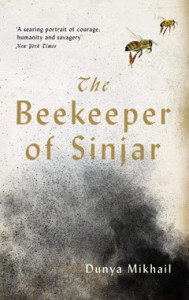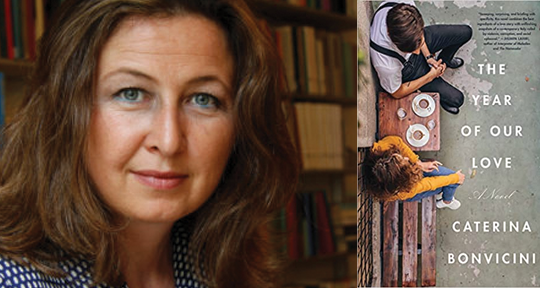Literary calendars over the last week have been packed with festivals, prize announcements, and new publications. In Argentina, FILBA and the Feria del Libra de la Plata present a full roster of events; in India, Geetanjali Shree’s fresh Booker win continues to drive hopes for the country’s writings; and from Bulgaria, an award-winning work by Georgi Gospodinov is released to the Anglophone.
Josefina Massot, Editor-at-Large, reporting from Argentina
If you thought a record-smashing, three-week-long book fair could just about sate Argentines after years of pandemic famine, you’ve sorely downplayed their literary appetite: just days after the Feria Internacional del Libro de Buenos Aires came to a close, not one but two other major events followed suit.
From May 26 to May 28, the beach town of Mar del Plata hosted the eleventh FILBA, a literary festival featuring workshops, panels, and shows. Bestselling authors Guillermo Martínez and Tamara Tenenbaum talked about the complicated ties between happiness and fiction. Authors—and close friends—Hernán Ronsino and Ricardo Romero discussed other literary friendships, from Alfonsina Storni and Horacio Quiroga to Victoria Ocampo and Gabriela Mistral or Jorge Luis Borges and Adolfo Bioy Casares. A group of authors led a tour of Villa Ocampo, Victoria Ocampo’s summer home in Mar del Plata and one of the city’s most iconic landmarks.
Meanwhile, on June 3, the Feria del Libro de la Plata officially kicked off; it will be held through Sunday in the eponymous city, a cultural center in its own right. The fair features over two hundred and fifty publishing houses distributed across some one hudnred stands; among them are Planeta, Random House Penguin, De las Luces, Dos editores, Maipue, Blason, Libertador, Siglo XXI, Grupo Editorial Sur, and Del Naranjo. hundred stands; among them are Planeta, Random House Penguin, De las Luces, Dos editores, Maipue, Blason, Libertador, Siglo XXI, Grupo Editorial Sur, and Del Naranjo. READ MORE…





